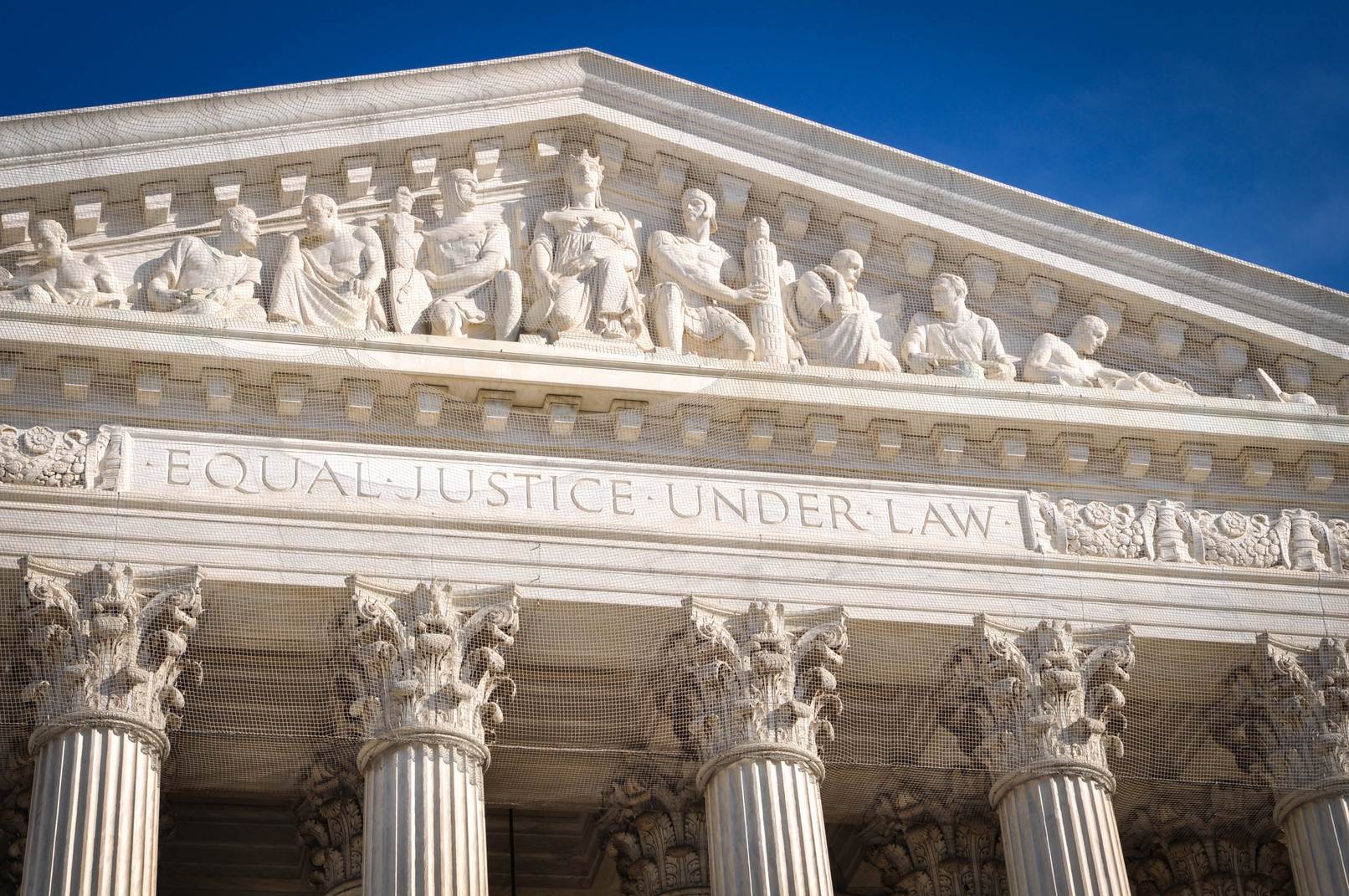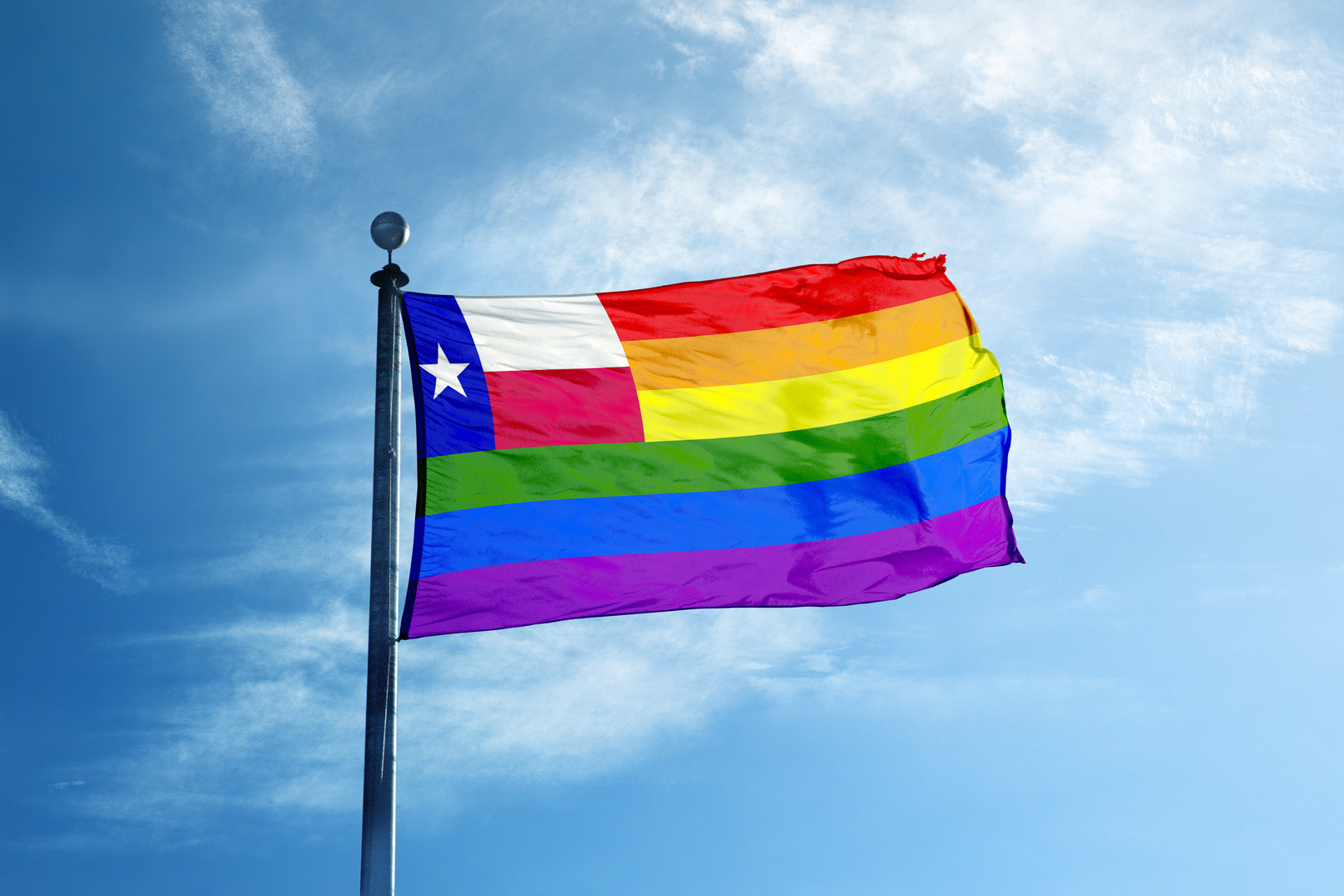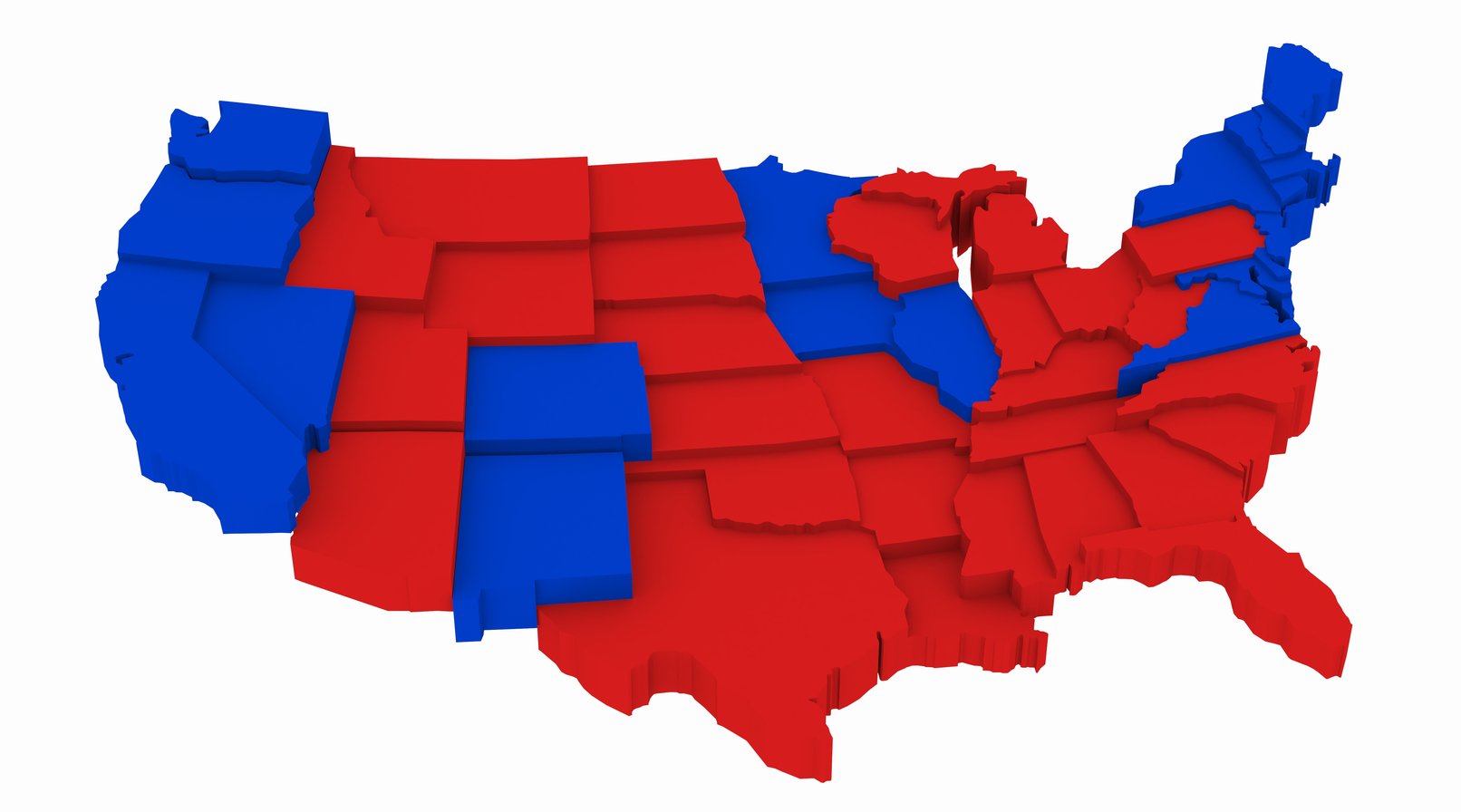Abortion rights activists and providers filed a federal lawsuit on Tuesday, challenging Texas Senate Bill 8. S.B. 8 bans abortion in Texas after approximately six weeks of pregnancy and allows private citizens to sue any abortion provider or individual who violates the law.
Articles Tagged with Texas
A Texas woman has filed a proposed class action against the power provider Griddy Energy LLC for over $1 billion in damages.
A federal district court judge has blocked an effort by the Texas Secretary of State to purge voter rolls of non-citizens. The lawsuit was filed in objection to a recent program in which driver license records were matched against voter registration records in order to locate ineligible voters. In his opinion, Judge Fred Biery…
The US Supreme Court issued three decisions this week. In the first, Moore v. Texas, the Court reversed the Texas Court of Criminal Appeals on a death penalty case that had already come before the Court once, during its 2016 term. This time, the Court made its decision without oral argument. In a per curiam (unsigned) opinion, the Court held that the Texas court's redetermination that the defendant in that case does not have an intellectual disability and is thus eligible for the death penalty is inconsistent with with the Court's earlier decision in the same case.
On February 6, a panel of the US Court of Appeals for the Fifth Circuit held that Title VII of the Civil Rights Act of 1964—which protects employees from discrimination on the basis of race, color, religion, sex, and national origin—does not protect employees from discrimination on the basis of transgender identity. In doing so, the court also affirmed its own 1979 decision that Title VII does not protect employees from discrimination on the basis of sexual orientation. That interpretation of Title VII is at odds with the present interpretation by the Equal Employment Opportunity Commission (EEOC)—the agency charged with enforcing Title VII—as well as that of several other federal circuit courts.
On Saturday, October 6, 2018, U.S. Pastors Council and Texas Values filed multiple lawsuits in state and federal courts alleging that Christian businesses and churches may fire or not hire LGBTQ workers as a constitutional right. One of the filed lawsuits challenges the Civil Rights Act of 1964, which prohibits employers from discriminating against job candidates and workers on the basis of race, color, religion, sex, and national origin.The two other filed suits challenge part of an Austin, TX city ordinance that prohibits employers from discriminating against all the protected classes outlined in the Civil Rights Act of 1964 as well as sexual orientation and gender identity.
On Thursday, August 16, 2018, a three-judge panel of the United States Court of Appeals for the Fifth Circuit affirmed a Texas District Court's dismissal of a lawsuit brought by three University of Texas at Austin professors. Professors Jennifer Lynn Glass, Lisa Moore, and Mia Carter challenged a Texas law permitting the concealed carry of handguns on the University of Texas campus, along with a University of Texas policy forbidding professors from banning concealed weapons in classrooms.
Seven states—Texas, Alabama, Arkansas, Louisiana, Nebraska, South Carolina, and West Virginia—have filed a lawsuit against the Trump administration in federal court in Brownsville, Texas, calling for an end to the Deferred Action Childhood Arrivals program (DACA). The complaint alleges that President Obama exceeded his constitutional authority in creating the Deferred Action for Childhood Arrivals program (DACA).
On March 13, 2018 the United States Fifth Circuit Court of Appeals issued an opinion regarding Texas Senate Bill 4 (SB4), a Texas law that forbids "sanctuary city" policies throughout the state, and held that SB4's provisions, with one exception, did not violate the Constitution. Read the opinion summary and opinion on Justia.
Noted litigator David Boies is coordinating a multi-state effort to challenge the Electoral College in federal court. Led by Boies, several prominent law firms and professors have filed four lawsuits in four different states challenging the voting system as unconstitutional.










